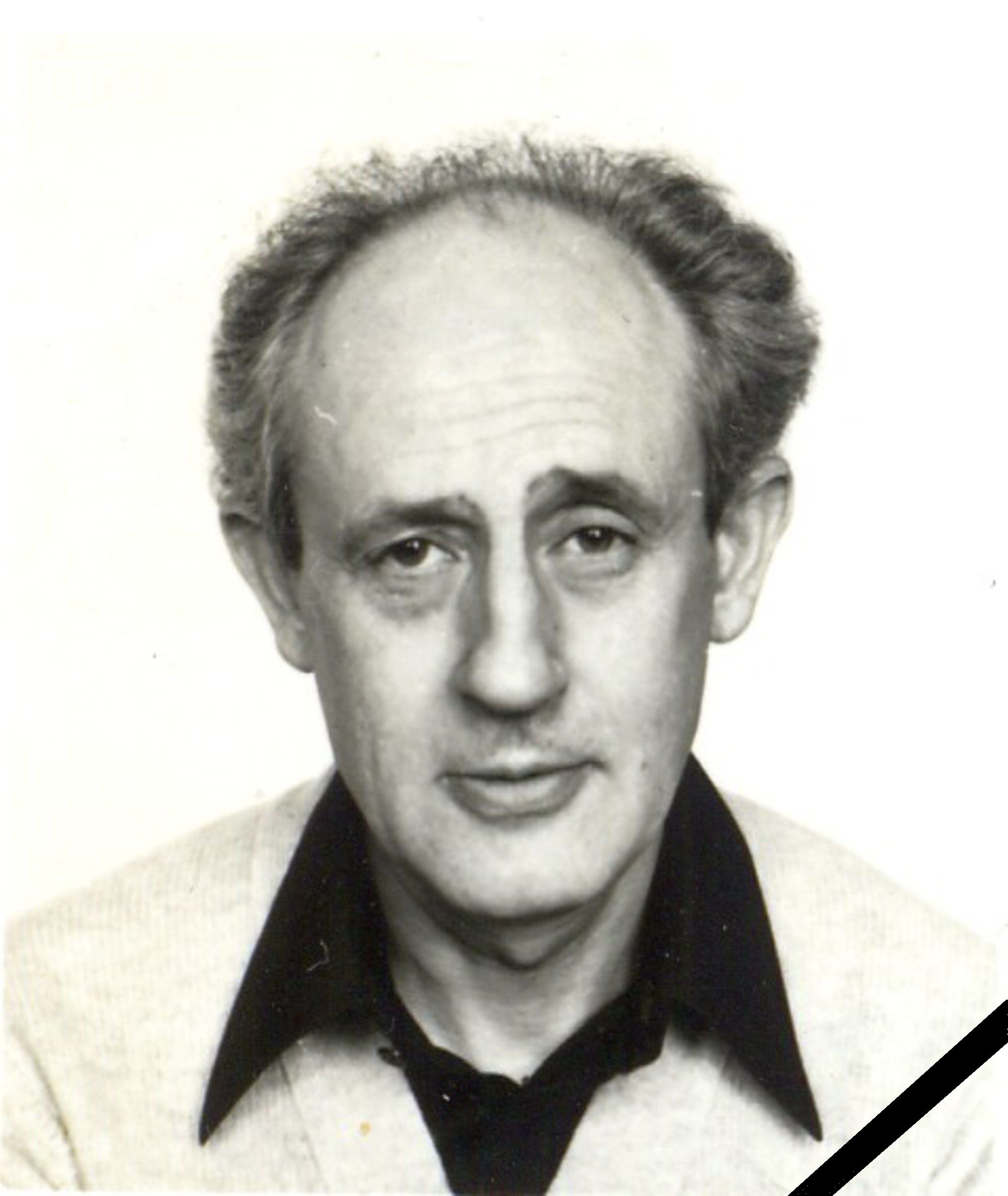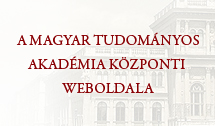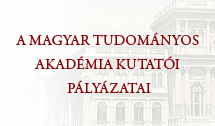CFP: Urban Cultures in The Early Modern Habsburg Territories
The National University of Public Service and the Institute of Philosophy of the Hungarian Academy of Sciences invite proposals for their upcoming workshop on 4 November 2019,
The symposium is being organized as a part of our series called The Intellectual History of the City, and this time, our focus point is going to be the research methodology of the intellectual history of early modern urban life.
By now, empirical historians have provided massive amounts data concerning everyday urban life in early modernity (supporting claims about urbanisation, highlighting birth and death rates as well as the average level of education etc.), while intellectual historians have made considerable analyses of "urban mentalities" (of the underlying attitudes behind confessional conflicts and coexistence, of political decision making etc.). Microhistorians have revealed much of the forgotten past of urban life, while methods of statistical analysis could highlight aspects which were mostly hidden from contemporary scientists as well. Also, even more recent approaches (like that of knowledge flow or big data analysis) equally promise benefits for their practitioners.
However, apparently there is no platform to confront these results with each other, a kind of neutral ground for historical urban studies. The current workshop, hence, aims at bringing together scholars from diverse fields (e.g. empirical and intellectual historians, sociologists, historians of philosophy etc.) in order to share their experience concerning the methodological backgrounds of their particular approaches. Speakers are invited to present particular case studies of their interest with a special emphasis on the methodology employed by them.
A further priority is to take examples of early modern urban developments in Central and Eastern Europe. This is only an encouragement, not an explicit criteria, but apparently research on this field is still handicapped.
The keynote speaker of the conference is going to be Professor Jaroslav Miller, from Palacky University Olomouc. He is the author of the monograph: Urban Societies in East-Central Europe, 1500-1700 (2008).
The venue of the conference is going to be at The National University of Public Service, Budapest, Hungary (Main building, 1st floor, room 145).
Proposals should be sent to Ez az e-mail-cím a szpemrobotok elleni védelem alatt áll. Megtekintéséhez engedélyeznie kell a JavaScript használatát. until 31 August, 2019.
Organizers:
Ferenc Hörcher
Ádám Smrcz




